-
- School Nurse
Good health is essential to school success. Children should have regular check ups by their doctor. Often, doctors can find and treat a problem that could affect your child's learning in later years.
Good nutrition is also important. Children need to eat a variety of foods each day for good health. They should choose from breads and cereals, fruits, vegetables, milk and cheese, meat, poultry, fish and beans. Try to help your child choose healthy snacks. Fruit, yogurt, plain popcorn and carrot sticks are all good choices.
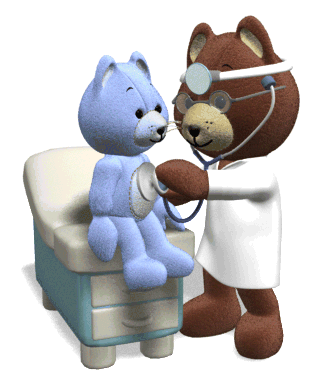
 How Can We Help You?Health Screening: Vision, Hearing,Acanthosis Nigricans, Height and Weight
How Can We Help You?Health Screening: Vision, Hearing,Acanthosis Nigricans, Height and Weight
Health Assessment and Evaluation
Emergency First Aid
Health Counseling: Chronic Illness, Nutrition, Disease and Positive Lifestyles
Immunization Review and Interpretation
Individualized Health Plans
Health Problems Detection, Referral and Follow-Up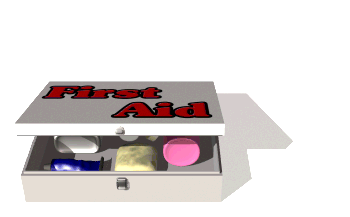
Administration of Medication and Treatments Immunization Requirements
Immunization Requirements
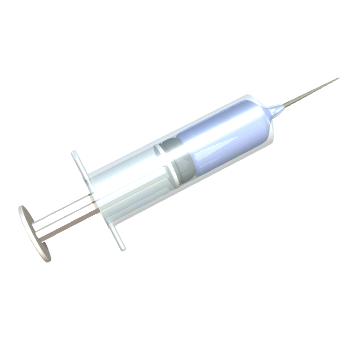 Immunization records ...
Immunization records ...
1. DTP/DtaP/DT/Td - 4 doses with one dose after the fourth birthday.
2. Polio - 3 doses with one dose after the fourth birthday.
3. MMR - 2 doses.
4. Hepatitis B - 3 doses
5. Varicella (Chickenpox)- 1 dose or verification of varicella disease.
6. TB Skin Test - All students entering the district for the first time or re-enrolling after a year of absence (school year) will be required to present evidence of TB testing and reading within one year enrollment.
Please Note:
Students will be excluded from school if they are not in compliance with district immunization requirements. Medications and Treatment at School1. All medication must be brougt to the nurse's office by an adult. Students should not be sent to school with medication.
Medications and Treatment at School1. All medication must be brougt to the nurse's office by an adult. Students should not be sent to school with medication.
2. Morning doses of medication that are missed at home will only be given with written permission.
3. All medication, prescription or non-prescription, must be in the original container. This also includes cough drops.
4. A note from the parent must accompany all medication. Notes must indicate the name of medication, total number of pills being sent, the reason for the medicaton to be given and the dates of administration.
5. Medication to be given more than 10 school days must have aphysician's signature.
6. Medication MUST be kept in the clinic.
7. All equipment and medications must be provided by a parent.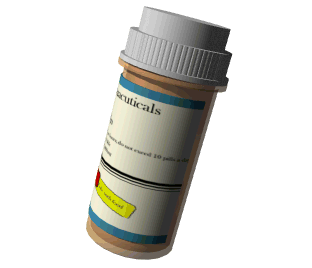
8. Medication will not be sent home with the student. Important Facts about Cold and Flu
Important Facts about Cold and Flu The common cold and influenza are both contagious viral infections of the respiratory tract. Although the symptoms may be similar, influenza is worse. Congestion, sore throat and sneezing are common with colds, both ailments bring coughing, headache and chest discomfort. With influenza you are likely to run a high fever for several days and may experience head and body aches. Usually complications from colds are relatively minor, but a severe case of influenza can lead to a life-threatening illness like pneumonia.
The common cold and influenza are both contagious viral infections of the respiratory tract. Although the symptoms may be similar, influenza is worse. Congestion, sore throat and sneezing are common with colds, both ailments bring coughing, headache and chest discomfort. With influenza you are likely to run a high fever for several days and may experience head and body aches. Usually complications from colds are relatively minor, but a severe case of influenza can lead to a life-threatening illness like pneumonia.
Flu Symptoms
Fever-usually between 100F and 102F; may be as high as 106F with chills.
Sore Throat
Dry, hacking cough
Aching muscles
General fatigue and weakness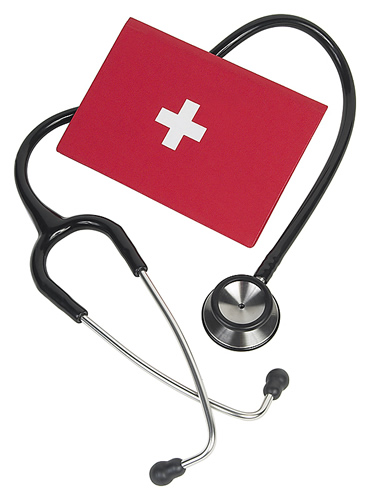
Nasal congestion and sneezing
Headache
Last Modified on October 3, 2007


